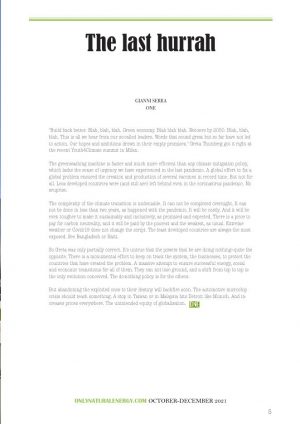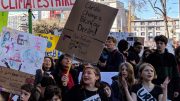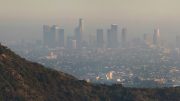 “Build back better. Blah, blah, blah. Green economy. Blah blah blah. Net-zero by 2050. Blah, blah, blah. This is all we hear from our so-called leaders. Words that sound great but so far have not led to action. Our hopes and ambitions drown in their empty promises.” Greta Thunberg got it right at the recent Youth4Climate summit in Milan.
“Build back better. Blah, blah, blah. Green economy. Blah blah blah. Net-zero by 2050. Blah, blah, blah. This is all we hear from our so-called leaders. Words that sound great but so far have not led to action. Our hopes and ambitions drown in their empty promises.” Greta Thunberg got it right at the recent Youth4Climate summit in Milan.
The greenwashing machine is faster and much more efficient than any climate mitigation policy, which lacks the sense of urgency we have experienced in the last pandemic. A global effort to fix a global problem ensured the creation and production of several vaccines in record time. But not for all. Less developed countries were (and still are) left behind even in the coronavirus pandemic. No sruprise.
The complexity of the climate transition is undeniable. It can not be completed overnight. It can not be done in less than two years, as happened with the pandemic. It will be costly. And it will be even tougher to make it sustainably and inclusively, as promised and expected. There is a price to pay for carbon neutrality, and it will be paid by the poorest and the weakest, as usual. Extreme weather or Covid-19 does not change the script. The least developed countries are always the most exposed. See Bangladesh or Haiti.
So Greta was only partially correct. It’s untrue that the powers that be are doing nothing—quite the opposite. There is a monumental effort to keep on track the system, the businesses, to protect the countries that have created the problem. A massive attempt to ensure successful energy, social and economic transitions for all of them. They can not lose ground, and a shift from top to top is the only evolution conceived. The do-nothing policy is for the others.
But abandoning the exploited ones to their destiny will backfire soon. The automotive microchip crisis should teach something. A stop in Taiwan or in Malaysia hits Detroit like Munich. And increases prices everywhere. The unintended equity of globalisation.
Gianni Serra





